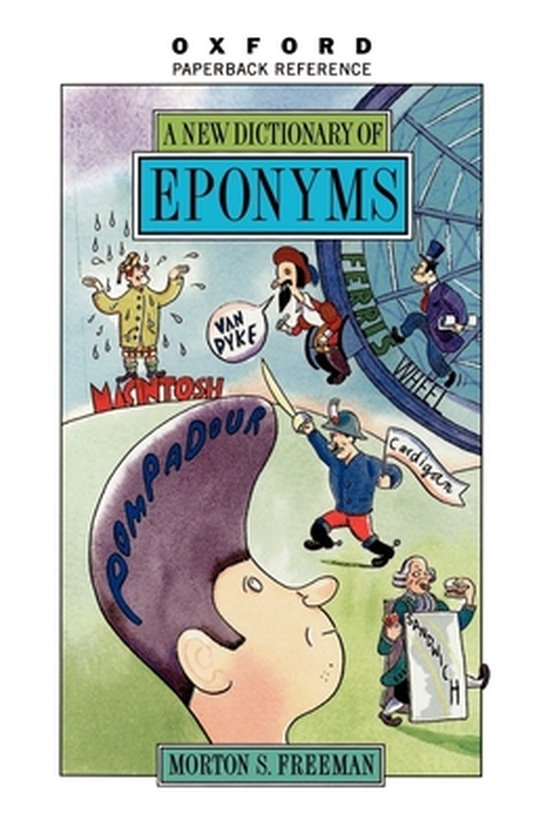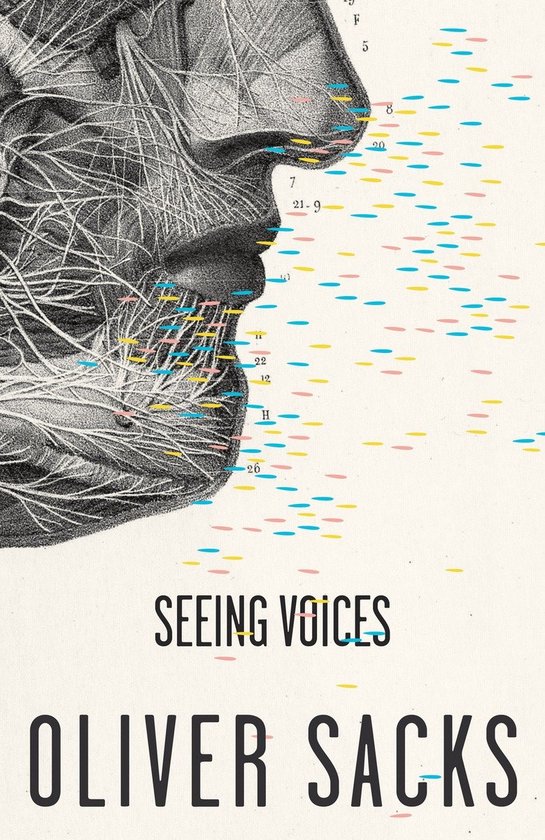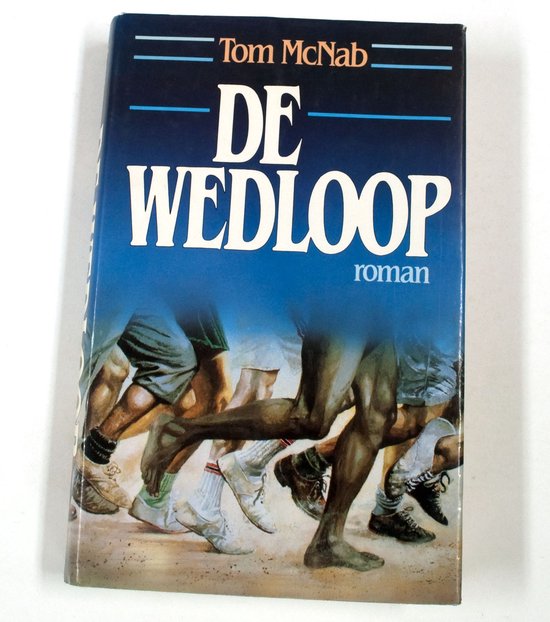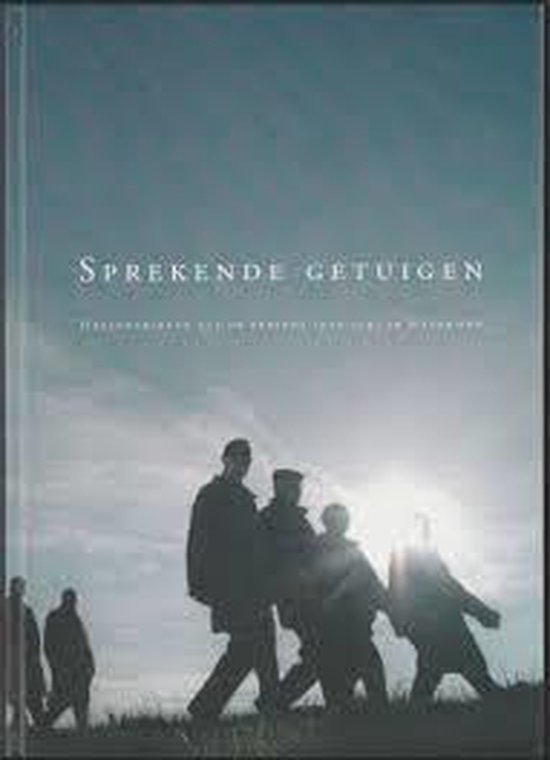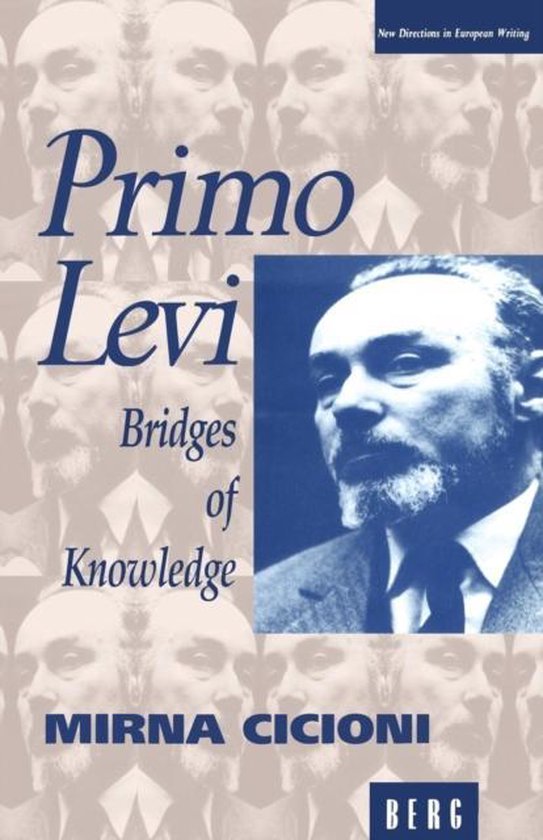
Primo Levi
This introduction to Primo Levi and his writing draws attention to the literary worth of Levi's output, not just the Holocaust testimonies for which he is primarily known. The text situates his works in the context of Italian culture and society from the 1920s to the 1980s.
'I always thought that [building] bridges is the best job there is because roads go over bridges, and without roads we'd still be like savages. In short, bridges are like the opposite of borders, and borders are where wars start.'Primo Levi, 'La chiave a stella' (The Wrench)Primo Levi (1919-1987) was one of Italy's most distinguished writers. A survivor of the Holocaust, his memoirs on the Nazi death camps (If This Is a Man and The Truce) are internationally recognised as among the most powerful and profound testimonies to have come out of the extermination of the European Jewry.This book is the first comprehensive introduction to Levi and his writing for English-speaking readers. The author draws attention to the literary worth of Levi's entire output -- not just the Holocaust testimonies for which he is primarily known -- and situates his works in the context of Italian culture and society from the 1920s to the 1980s. A man with many identities -- chemist, industrial manager and writer -- he tried, through his writing, to build bridges between different cultures and fields of enquiry.General readers who are acquainted with Levi's writings will find this book fascinating, as will students and scholars of Holocaust Literature, Italian Studies and Contemporary Italian Literature.
'I always thought that [building] bridges is the best job there is because roads go over bridges, and without roads we'd still be like savages. In short, bridges are like the opposite of borders, and borders are where wars start.'Primo Levi, 'La chiave a stella' (The Wrench)Primo Levi (1919-1987) was one of Italy's most distinguished writers. A survivor of the Holocaust, his memoirs on the Nazi death camps (If This Is a Man and The Truce) are internationally recognised as among the most powerful and profound testimonies to have come out of the extermination of the European Jewry.This book is the first comprehensive introduction to Levi and his writing for English-speaking readers. The author draws attention to the literary worth of Levi's entire output -- not just the Holocaust testimonies for which he is primarily known -- and situates his works in the context of Italian culture and society from the 1920s to the 1980s. A man with many identities -- chemist, industrial manager and writer -- he tried, through his writing, to build bridges between different cultures and fields of enquiry.General readers who are acquainted with Levi's writings will find this book fascinating, as will students and scholars of Holocaust Literature, Italian Studies and Contemporary Italian Literature.
| Auteur | | Mirna Cicioni |
| Taal | | Engels |
| Type | | Paperback |
| Categorie | | Taal |
